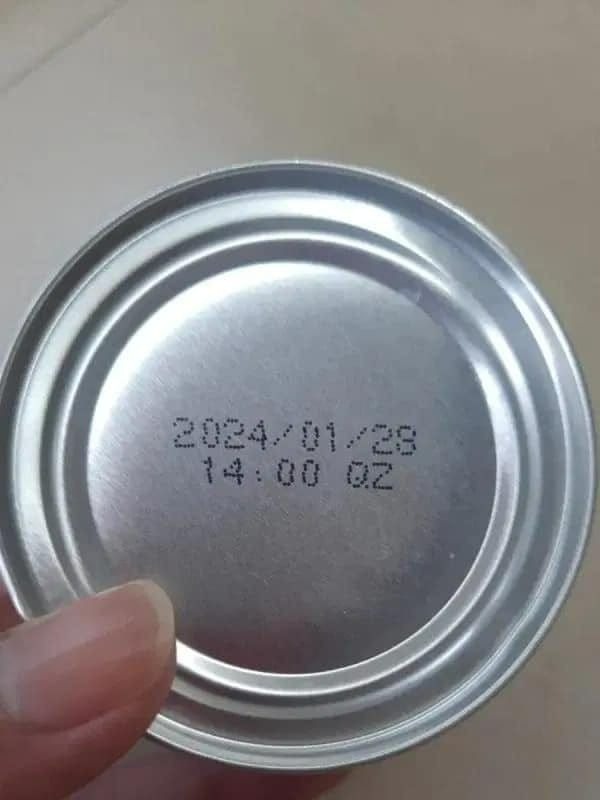ADVERTISEMENT
Certainly! Here’s a clear and informative article about food expiration dates:
The Truth About Food Expiration Dates: What You Need to Know
You’ve probably stood in front of your fridge or pantry, eyeing a container with a looming expiration date and wondered: Is this still safe to eat? Food expiration dates can be confusing, and many of us either toss perfectly good food too early or take unnecessary risks by consuming items past their dates.
Understanding what these dates really mean can save you money, reduce food waste, and keep you safe. Here’s everything you need to know about food expiration dates and how to use them wisely.
Types of Food Date Labels
First, it helps to understand the common terms you’ll see on food packaging:
- “Sell By” Date: This is primarily for retailers, indicating how long the product should be displayed for sale. It’s not a safety date. Food is often still good to eat days or weeks after this date.
- “Best By” or “Best Before” Date: This suggests when the product will be at its peak quality. After this date, food may lose flavor or texture but isn’t necessarily unsafe.
- “Use By” Date: This is the last date recommended for peak quality and safety, mostly found on perishable items like dairy or fresh meats. It’s the closest to a true expiration date.
- “Freeze By” Date: Indicates when food should be frozen to maintain quality.
What Expiration Dates Don’t Tell You
- They don’t guarantee safety beyond the date — many foods are perfectly safe days or weeks after.
- They don’t account for how the food has been stored or handled. Improper refrigeration can spoil food sooner.
- They don’t apply to all foods. For example, canned goods often last well past their “best by” dates if unopened and stored properly.
How to Tell if Food Is Still Good
- Use your senses: Look for changes in color, texture, and smell. Spoiled food often has off smells, mold, or slimy textures.
- Taste test cautiously: If it smells and looks fine, try a small taste before deciding.
- Check packaging: Bulging cans, broken seals, or leaks are red flags.
Tips to Extend Food Freshness
- Store food at the right temperature: Keep your fridge at or below 40°F (4°C) and your freezer at 0°F (-18°C).
- Use airtight containers to prevent spoilage.
- Freeze foods before the “freeze by” date to keep them fresh longer.
- Plan meals around perishable items nearing their dates.
